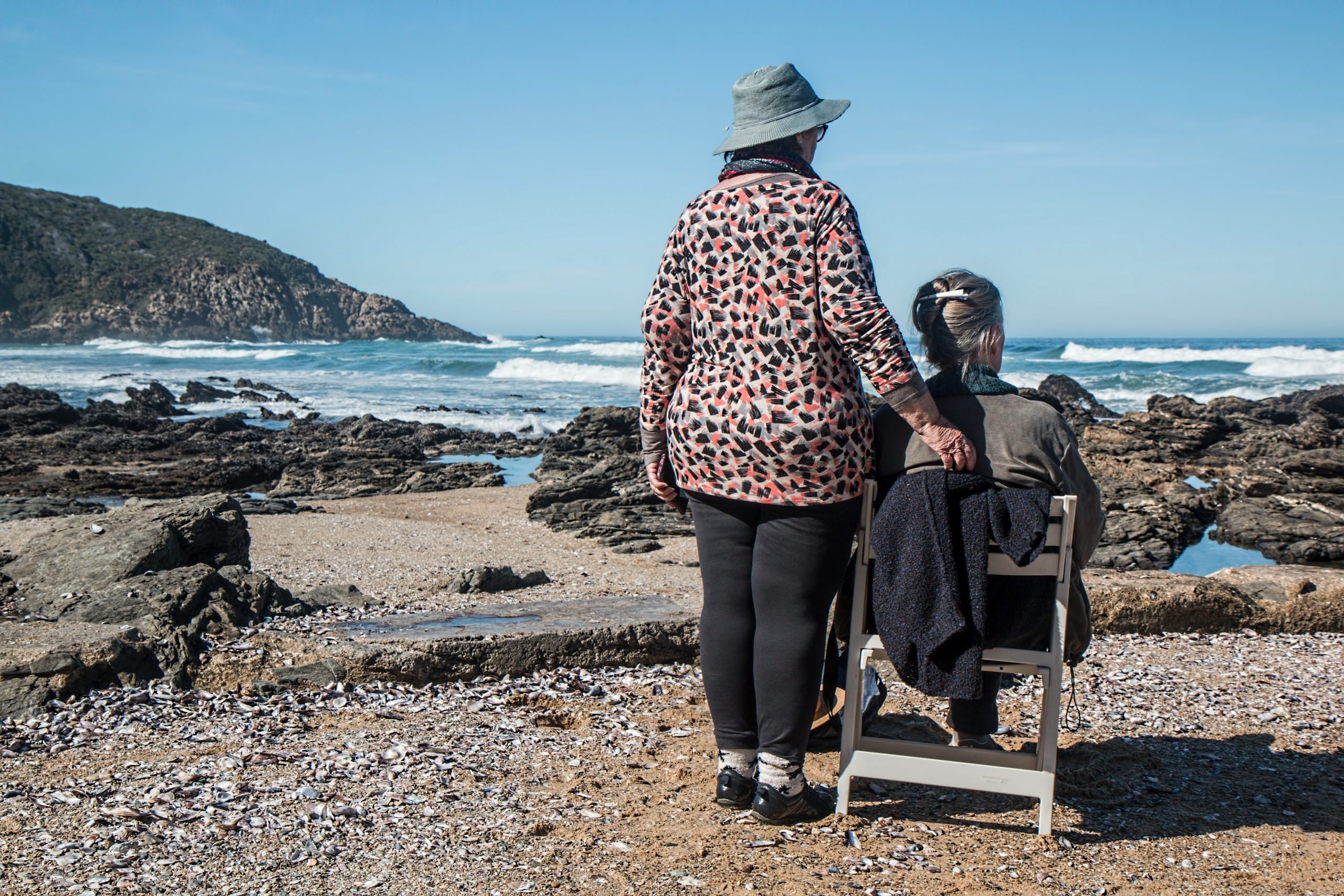As you know, any form of grief can feel overwhelming and devastating. But when a friend loses a loved one, it can feel challenging to know how to respond. You might worry about saying or doing the wrong thing.
Here’s how to provide support for your grieving friend:
Don’t Overestimate Listening
Even if you find talking about death scary or morbid, it’s important to try to be a good listener. Someone who is grieving may diminish their feelings. They might intellectualize the situation or feel embarrassed over being afraid or sad.
It’s okay to acknowledge that you don’t know what to say. Your grieving friend doesn’t need you to respond to every feeling perfectly. But there’s something to be said about making a genuine effort- even if you feel uncomfortable.
Offer Direct and Practical Assistance
Don’t just ask, “What can I do?” or “How can I help?” Your grieving loved one might not be able to think clearly right now. In addition, they might worry about coming across as a burden to others.
Instead, try to come up with meaningful ways you can provide practical support. Some suggestions include:
- running errands for them
- making phone calls to help with funeral arrangements
- helping out with childcare
- cooking or dropping off food
Note Important Dates
Try to remember anniversary dates (birthdays, holidays, the day of the death) associated with your friend or family member’s loved one. These anniversaries can be triggers at any point during the healing process.
Try to reach out around those dates. Even if you don’t exactly know what to say, there’s a good chance your grieving friend will appreciate the acknowledgment.
Keep Talking About Their Loved One
People often tiptoe about talking directly about the deceased friend or family member. They fear that discussing the loss directly makes the situation worse.
But grieving people want to talk about their deceased friend or family member. They just need to know that other people are willing to listen. So let go of worrying about the right words and focus on simply maintaining a conversation.
Don’t Make Comparisons
When talking with a grieving friend, it may be tempting to share insights about your own losses or life experiences.
But grief is unique, and this isn’t a time for you to talk about what happened to you. Talking about yourself may diminish the grieving person’s experience. This can make their grief feel insignificant- even if that’s not your intention.
Don’t Impose Your Religious Beliefs
Maybe you believe that the death was part of God’s plan, but that doesn’t mean your friend feels similarly. They deserve to make sense of what happened in a way that feels meaningful to them.
If you and your friend share the same religious beliefs, talking about spiritual concepts may be appropriate. But use your discretion and avoid assuming you know someone’s faith.
Avoid Generic Cliches
It may be tempting to express platitudes like, Everything happens for a reason, or, Even though your father died, he’s in a better place. But even if you have a good intention behind your sentiment, your grieving friend may find these comments insensitive.
Right now, their pain is real. They might feel depressed, lost, and scared. In addition, they probably have a genuine concern about their healing, and the emotions may be consuming.
Cliches tend to minimize real feelings, and most people who are grieving simply find them annoying.
Check In On Them (Several Weeks and Months Later)
Many people reach out just after the death. Your bereaved friend may even feel overwhelmed by all the support they initially receive.
But after a while, the texts and letters and phone calls slow down. Unfortunately, this often happens around the same time the reality of death truly sinks in.
By this point, the grieving person starts experiencing profound sadness or anger. But they often feel isolated by their difficult emotions. They may even feel they should have “moved on” or “accepted things” by now.
Commit to checking in often. Reach out with simple words like:
- You’re on my mind right now. How are you?
- Can we talk later this week? I’d like to check in.
- Just letting you know I’m thinking of you. No need to respond.
Encourage Grief Therapy
Everyone experiences bereavement differently. There’s no right or wrong way to move through the grief process.
But if you suspect your friend is struggling with complicated grief- or if you’re seriously worried about their emotional well-being- it may be time to talk about professional support.
Grief therapy can be a huge source of support and should be considered if your loved one:
- is struggling with self-medication or substance abuse
- frequently comments about how they feel depressed or hopeless
- endured a significant loss that dramatically affected their daily routine
- can’t keep up with practical tasks several months or years after the death
- continuously denies or suppresses the reality of the death or the deceased person
Getting Your Own Support
It’s still important to practice self-care despite your friend’s grieving process. It’s possible to offer support without losing sight of your own needs. This is especially important if you’re experiencing your own grief process, or if your own feelings about grief are complicated.
Therapy can help. I am here to support you during this vulnerable time. Contact me today to learn more.

